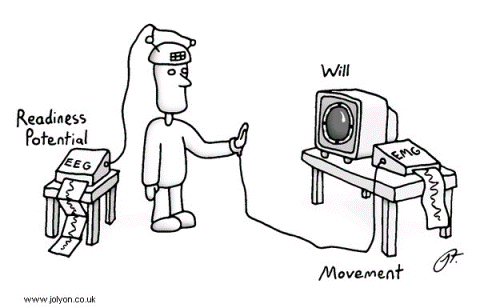We are told to do our best, sometimes from our parents, sometimes from our friends and spouses. These wonderful people in our lives mean the best for us; they are empathizing because we are important them.
But doing our best is really a personal decision on our part, and doing our best will often not bring about the consequences that we want or expect, except for one. Here are some things that are important to remember about doing your best.
- Doing your best is always worth it. No matter the situation, no matter your station in life.
- Sometimes your best is not good enough. This is OK…if it’s your best. Learn from it and next time your best will be better.
- Others may not appreciate the best that you can do. Doing your best, however, is not for the sake of others.
- Your best is an ideal that you will never achieve. Doing your best is really a virtue, and as such, it is a goal rather than a reality.
So, keep doing your best and know that sometimes, maybe often, you will fail. But keep trying to raise the bar and just maybe, just maybe you might surprise yourself at what you can achieve.
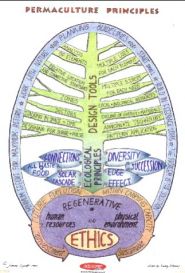
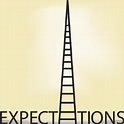
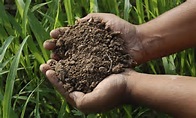

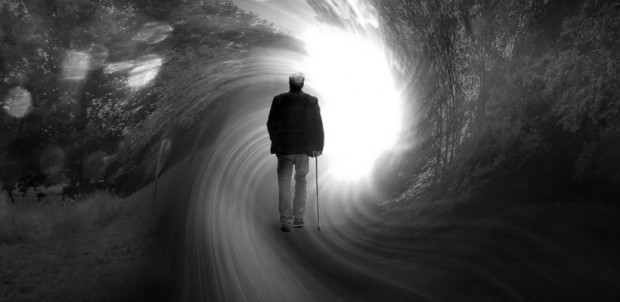 After years of living in cities, longing for the country; perhaps some peace and quiet, I look out over twenty two acres of forest and a half acre of tilled earth to become garden next year.
After years of living in cities, longing for the country; perhaps some peace and quiet, I look out over twenty two acres of forest and a half acre of tilled earth to become garden next year.